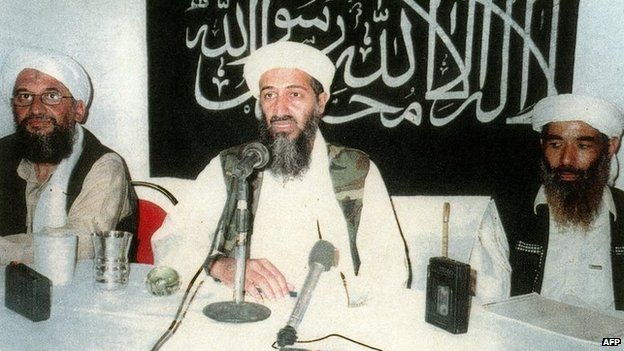 |
| http://publicradiotulsa.org |
I think it is needless to say the facts in the matter are heavily disputed. Much of this topic depends on who you ask and where they come from.
Let's take a step back and look at the history of it all. Beginning with WWI, during this period the British made a lot of promises.
They promised
the area to the Arabs.
They promised the area to the Jews.
And they
promised to split it up and rule it with the French.
Of course the
promise they kept was to rule it themselves as a "protectorate."
Both
the Jews and the Arabs (there were no "Palestinians" yet) were unhappy with this. After which both Jewish and Arab terrorist coups formed. The British clamped down on Jewish
migration, incidentally dooming a lot of Jews during WWII, but a small amount of
illegal immigration continued to take place.
By the end of WWII the British decided they weren't going to hold on to
the area. Mainly since it caused more trouble than it
was worth.
The area east of the Jordan river was spun off
as Trans-Jordan. There were very few Jews and so it was clear that would
be Arab regardless. But dividing the area west of the Jordan was a
mess. And there was even a question of whether it should even be divided
at all. After a few years the British tossed the problem to the UN.
In 1948 the UN came up with a plan. About 60%
would go to the Arabs in Palestine, 40% would go to the Jews, and
Jerusalem would become an "international" city. It wasn't clear exactly
how that last part would work out. Largely the Jews said absolutely, we
accept. And largely the Arabs said, we don't accept. And the British left.
The day the British left, the Jews declared the formation of the state
of Israel. And the Arab nations all declared war on Israel. I the end
when the fighting was over, Israel had most of Palestine. Egypt had
Gaza.
After this Israel and the Arab states fought other additional wars. They gave the Sinai back to Egypt for a peace treaty. But neither Egypt
or Jordan wanted Palestine back. And the Palestinians didn't have anyone
willing and capable of negotiating with Israel.
Sometime after these wars the Israelis got the bright idea that
settling in the occupied territories would both make them more
secure and induce the Palestinians to the table. That didn't exactly
work. Israeli extremists view them as a chance to grab more or
even all of Palestine and create a Greater Israel.
So right now the two parties are disagreeing on most everything. The
extremists on both sides would love to see the others driven "into the
sea." And even the moderates can't agree on where borders should be, if
Arabs should be allowed to return to their old lands in Israel, who gets
Jerusalem... and which parts. Both sides regularly kill innocents
on the other side, making it harder to compromise and the whole thing is just a mess.
Personally I do not see a solution and am not willing to propose one, no matter what someone in the conflict will feel like they are getting the worse deal. Especially, since each group thinks they have claims to the land.














